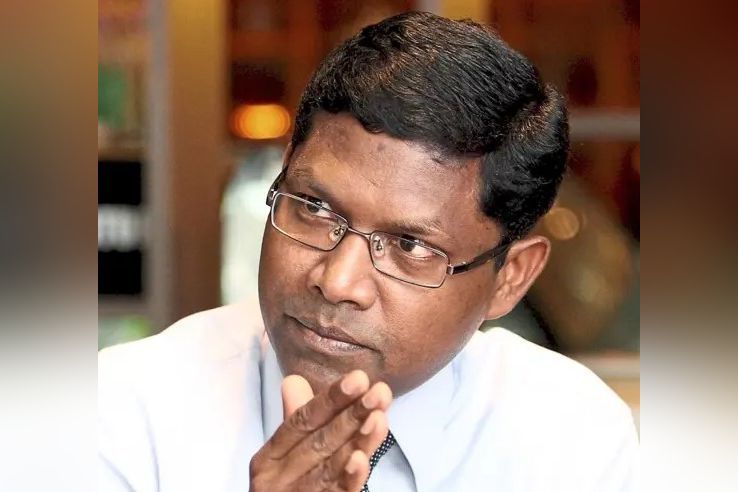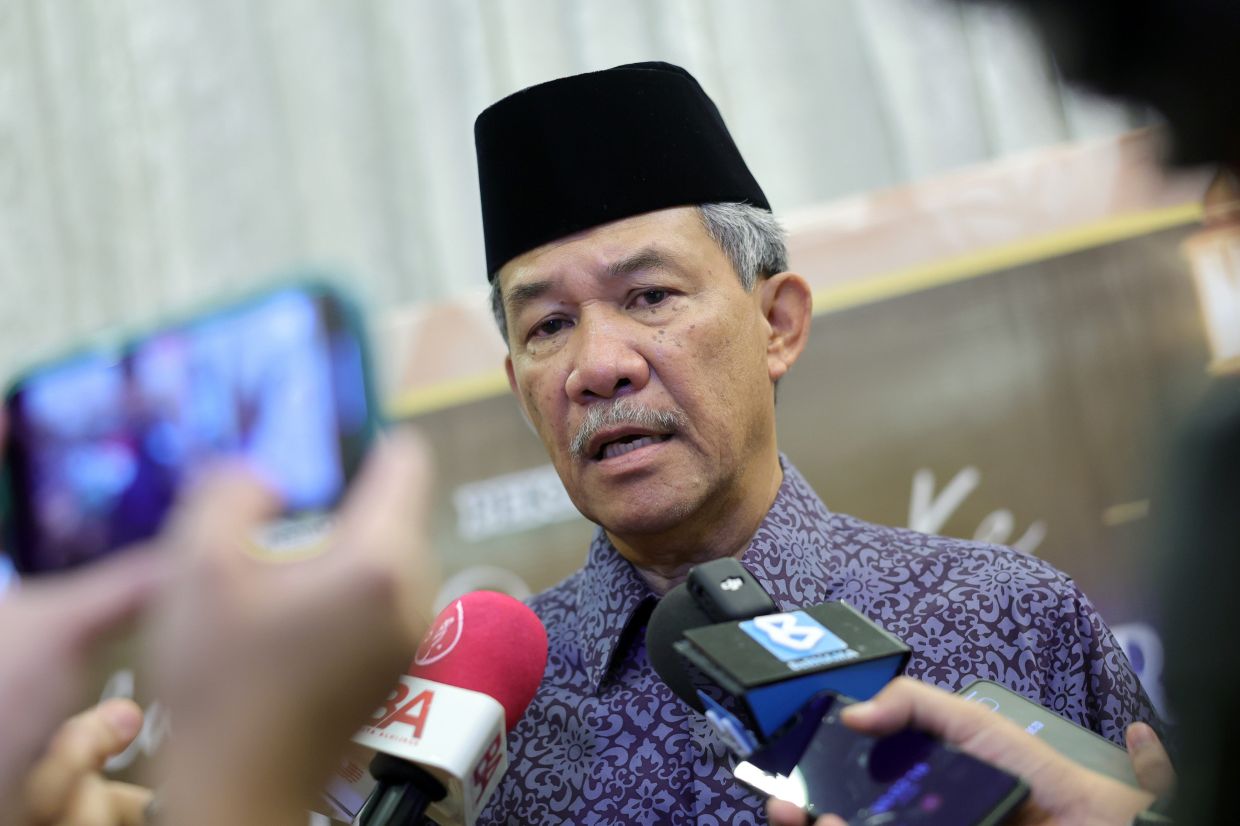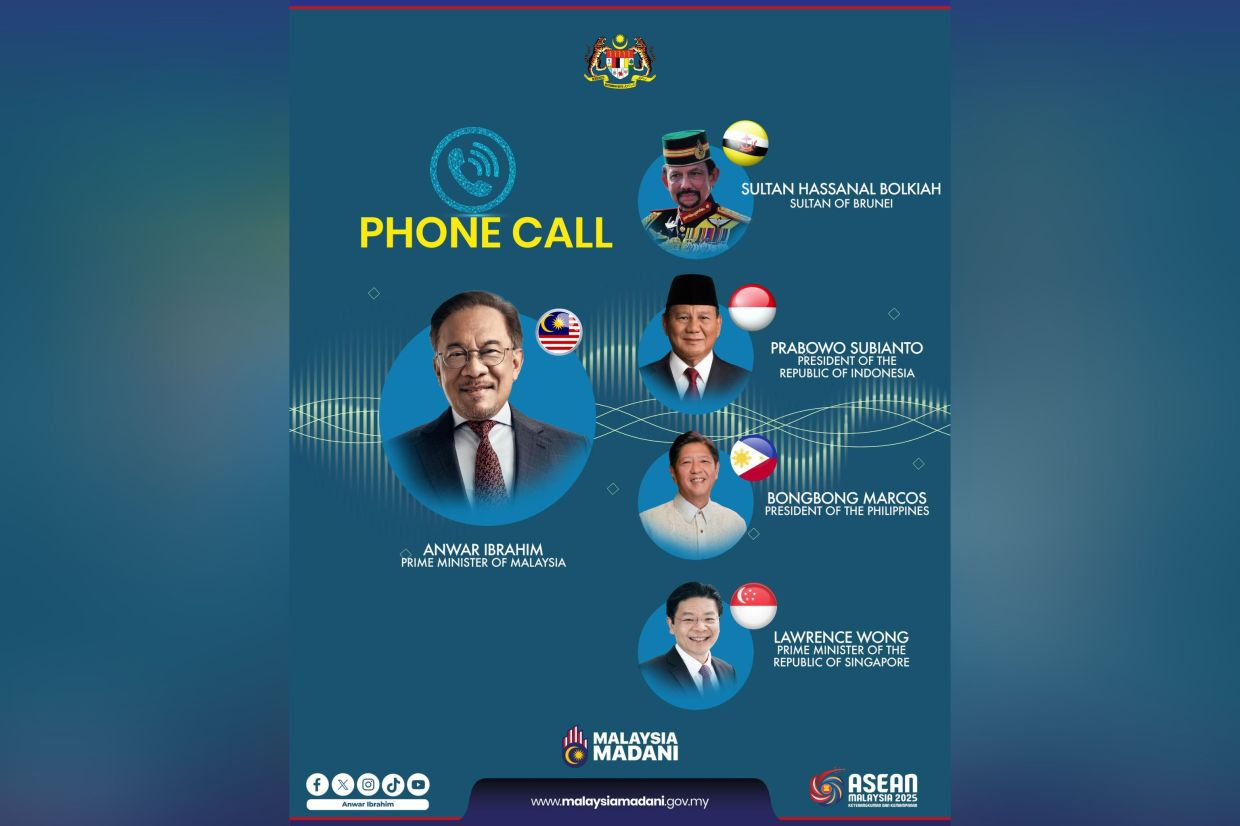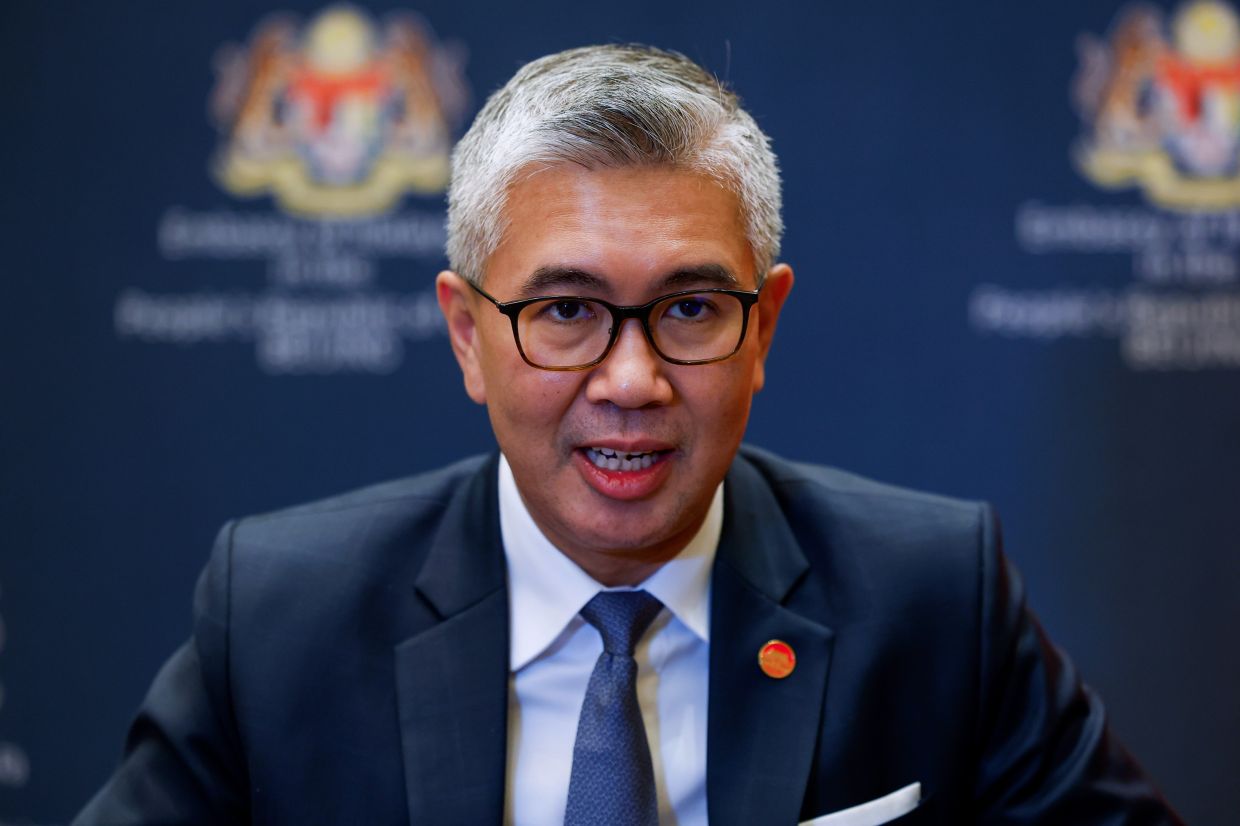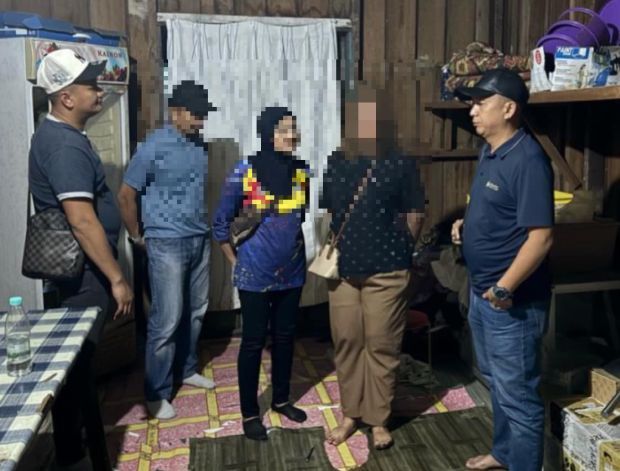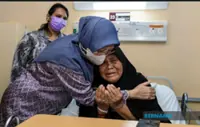
KOTA KINABALU: Fourteen-year-old Samirah (not her real name) used to roam the streets, begging and sometimes selling snacks.
She did not know the alphabet and numbers were just strange symbols to her, but she was aware that money had value.
However, this changed recently after she was introduced to an alternative activity centre (PAKK) in the city which was managed by the Welfare Department, Unicef Malaysia and other organisations, where she was taught about ABCs, numbers, basic living skills and other knowledge.
While sharing her newfound knowledge with members of Unicef during their visit to the shelter, Samirah showed them how happy she was to learn new things and eagerly wrote out the letters of the alphabet.
Her enthusiasm even attracted other youngsters from her community to participate in these non-conventional study sessions, showing that street children are just as willing to learn, if given the chance.
Samirah's story is one example of the many Unicef members and volunteers heard while carrying out humanitarian work and research on the issue of street children.
Unicef Malaysia chief of Child Protection Saskia Blume said all children should have access to education and healthcare, regardless of their social status or nationality.
She said it was not a matter of whether or not they were nationals of their country of residence but a matter of basic rights.
She said by giving all children access to education and healthcare, their interests – as well as those of the community as a whole – would be protected.
“As (a visitor) in Malaysia and Sabah, I feel that children in the streets have rights too. It is just that they have no access because of their social situation,” Blume said during a media talk on the issue here on Monday (June 26).
She said it was important for the voices of all children be heard, and in this context, those of children on the streets as they too have their own dreams, visions, needs and wishes.
She said based on her recent work with street children in Sabah, she found that they are eager to learn and be part of the larger community.
Apart from the political will to change the current scenario, Blume said, it was also important for the proper public narrative to be disseminated on the issue.
She said this was where journalists come in, as the media can play a role in getting the message of acceptance towards migrant children and street people across.
Sabah Journalists Association (SJA) president Datuk Muguntan Vanar, in responding to this call, urged the media to play its role in influencing policies related to children, especially those living on the streets.
He said the matter of street children was a long-standing issue in Sabah.
"Unicef has also given us an idea on how to help children fulfil their education and basic needs as well as children's rights," he said.
Also present were Unicef Malaysia partnership specialist Razlan Rashid, Unicef Sabah programme specialist Dr Elaine Kong and former Sabah Health director Datuk Dr Christina Rundi.









